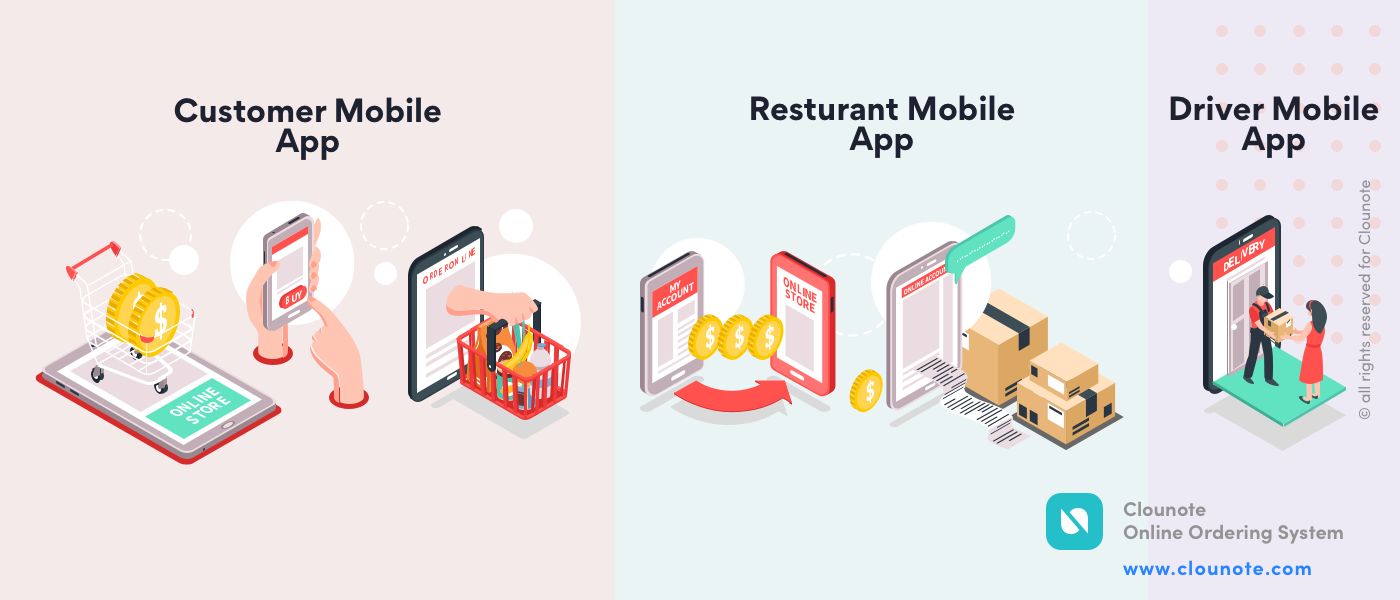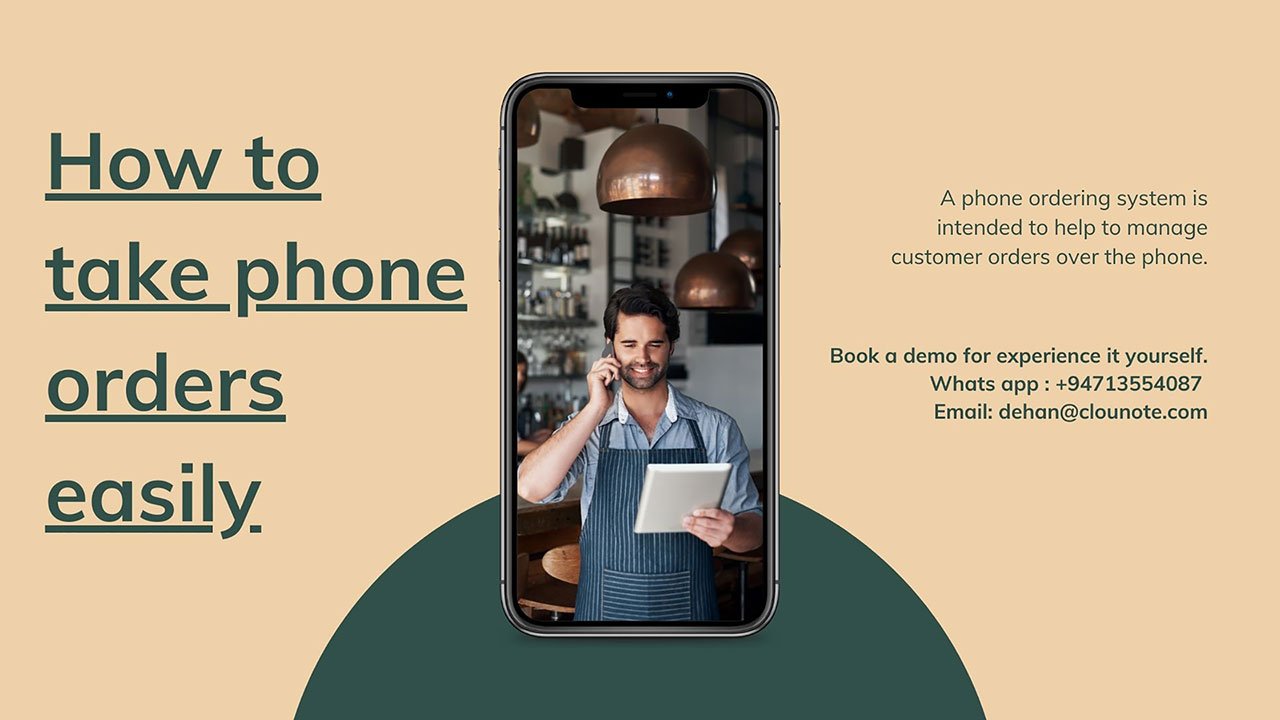
Almost everyone uses smartphones nowadays, they have become a major vital part of people's lives. Statistics show that the average person spent more than 2 hours on their mobile phone. The vast majority of the population utilize different mobile apps as part of their daily activities. 90% on mobile is spent on apps.
In this article, I would like to take your attention to the benefits of providing a mobile app to your customers.
1. Be visible to your customers all the time
It doesn’t change the fact that each user has to unlock, scroll, and scan their device for the apps they’re looking for. Being “in the way” can be an advantage to your company, as our mind unconsciously does record every image and text (or well-designed app icon) it comes across — even if it happens unnoticed.
2. Create a direct marketing channel
One of the biggest benefits of having a mobile app is that all the information you’d like to provide to your customers – including special sales and promotions – is right at their fingertips. Through push notifications you’re getting even closer to a direct interaction, and can easily remind customers about your products and services whenever it makes sense.

Mobile friendly websites can't push notifications to customers since mobile webs are loading through a browser. So mobile apps give the benefit of having the connection with customers 24x7.
In-App notifications are received when a user opens an application on their devices. Push notifications are received on devices regardless a user opens the app or not. Basically, the update and promotional notifications which you receive on your devices on a daily basis are Push Notifications.
3. Mobile apps are faster.
Applications are usually 1.5 times faster than mobile websites and they perform actions much faster too. Applications store their data locally on your device. All data retrieval happens in the blink of an eye. In the case of mobi-sites, data needs to be fetched from the web servers which can take from few seconds to a minute depending upon the network speed and packet sizes.
Another reason is, mobi-sites use JavaScript to run functions and apps run on frameworks which can be five times faster. As all of this happens in the back-end, your users get to perform actions much faster on the front-end delighting them with a seamless experience.
4. Instant online & offline access
All mobile apps offer instant access by a tap. They allow users to consume their content quickly offering seamless experience via storing vital data that can be accessed offline too. Some apps like banking, storefronts, retail, finance, games and news work both online and offline. i.e. loading a news item or a game that can be read or played without internet connection is just wonderful.
Ability to work offline is the most fundamental difference between an application and a mobile website. While apps need an active internet connection to perform critical tasks like payments and notifications, they still offer basic content and functionality to users even in offline mode. And that’s what makes all the difference between a sale and a bounce.
5. Using device features
Mobile apps have an added advantage where you can code an app into utilizing various features of a native device. So, once downloaded they can use features like Camera that can scan PFDs, QR and Barcodes and NFC to use for payments, GPS to connect with maps and other services and accelerometer, gyro meter and compass that can be utilized for thousands of different purposes. We are seeing the rise of fingerprint scanned on devices which are yet to be explored and exploited for various apps and solutions.
Learn more about how an application can increase your business potential, sales, traffic, and profits by developing your own custom mobile application. If you’re a business who would love to explore a new avenue to take it to new heights, then get in touch with team Clounote. Request our online ordering app demo dehan@clounote.com or whatsapp +94713554027
Also Read: Features of Clounote Online Ordering System : A Ready Made Ordering System For Your Business




